When Solid-State Batteries "Hit" Traditional Lithium Production Equipment
With the rapid development of electric vehicles and renewable energy, battery technology we are heading for a new milestone: solid-state batteries. Under this trend, battery equipment suppliers are facing unprecedented opportunities and challenges. How to grasp the opportunity in this tuyere to meet the market demand for efficient, reliable and innovative battery production equipment will become the key factor determining the future market leader. This article will discuss the challenges faced by traditional lithium battery equipment companies from the perspective of the influence of solid-state batteries on lithium battery production equipment, and share the new trends of equipment manufacturers in solid-state batteries.
(Source: WeChat public number "Interact Analysis" ID:Interact_Analysis)
differences in production processes of solid and liquid batteries
the production process of solid-state batteries is significantly different from that of traditional liquid electrolyte batteries. In the manufacturing process of solid-state battery, it is necessary to prepare solid electrolyte material by powder metallurgy or chemical synthesis method, and then stack positive and negative active material with solid electrolyte layer, and pressed and sintered at high temperature to form pole pieces. The following figure shows the difference between the manufacturing process of traditional liquid battery and solid battery (taking sulfide system solid battery as an example).
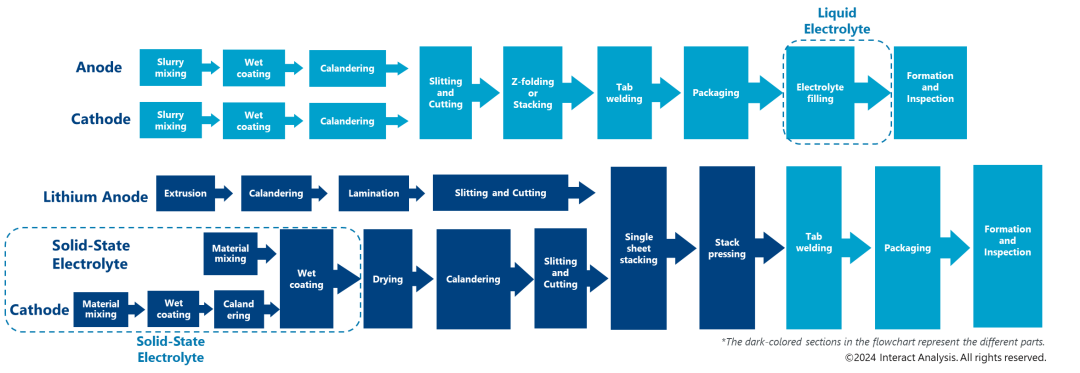
However,The manufacturing technology and equipment requirements of solid-state batteries also bring new challenges to traditional battery equipment manufacturers. Although semi-solid and quasi-solid batteries may occupy the mainstream market in the short term, with the application of all-solid electrolyte and the use of metal lithium as negative electrode materials in the future, the production process will inevitably face major reforms. Therefore, equipment manufacturers must make corresponding transformation in advance. For example, some manufacturers have begun to try dry electrode technology in the previous process. For example, the dry electrode mass production equipment of winghe technology has been developed to the second generation; PNT and Tesla signed orders for supplying dry electrode process equipment, etc. The concept of dry electrode technology is similar to that of solid-state batteries, abandoning the traditional liquid solvent and adapting to the current technological process. Through this technological upgrade, manufacturers can gradually adapt to the new technological requirements without greatly changing the equipment of the later process, thus maximizing the economic benefits.
Advantages of Dry Electrode Technology
dry Electrode Technology is a solvent-free production method. After mixing positive and negative electrode materials with binder and so on, sheet or thin film electrodes are directly formed by calendering, spraying, extrusion and so on. Compared with wet process, dry process has the following advantages in manufacturing solid-state batteries:
1) the production cost is low and more environmentally friendly: the slurry mixing, drying, solvent recovery and other links are eliminated, the production cost is reduced, and the impact on the environment is reduced.
2) high energy density and durability: the contact between active substance and conductive agent is closer, which improves the energy density and durability of the battery.
3) wide application range: for example, lithium metal anode can only be made by dry process.
Market dynamics and industry prospects
Interact Analysis also collated the new developments of major lithium battery equipment manufacturers in solid-state batteries.
we have observed that the major breakthrough in the field of solid-state batteries is mainly driven by established manufacturers of liquid lithium batteries. These companies use their profound industry experience and strong research and development capabilities to maintain a leading edge in technological innovation. Given the high-tech barriers and higher capital requirements of the industry, we are cautious about the possibility of new entrants making significant progress in the short term.
 Dongguan Juneng New Energy Technology Co., Ltd.
Dongguan Juneng New Energy Technology Co., Ltd.
 137 5142 6524(Miss Gao)
137 5142 6524(Miss Gao)
 susiegao@power-ing.com
susiegao@power-ing.com
 Xinghuiyuan High tech Industrial Park, Dalang Town, Dongguan City, Guangdong Province
Xinghuiyuan High tech Industrial Park, Dalang Town, Dongguan City, Guangdong Province


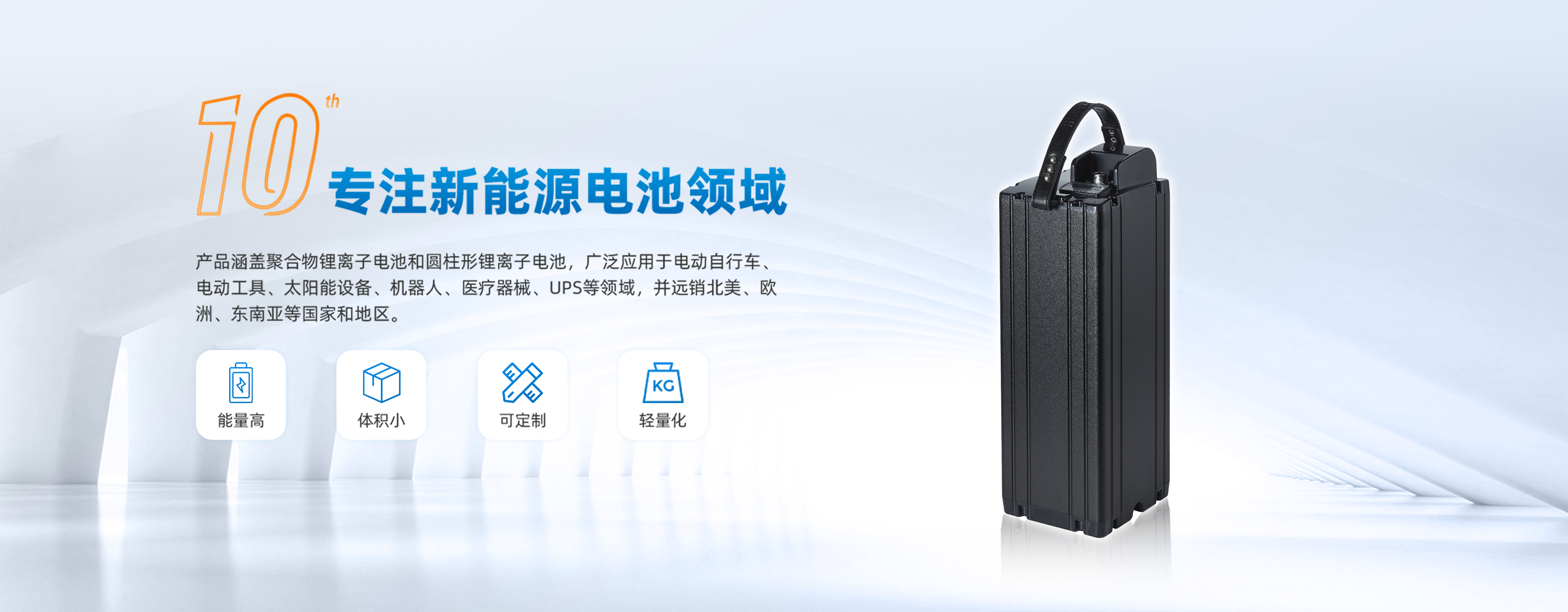
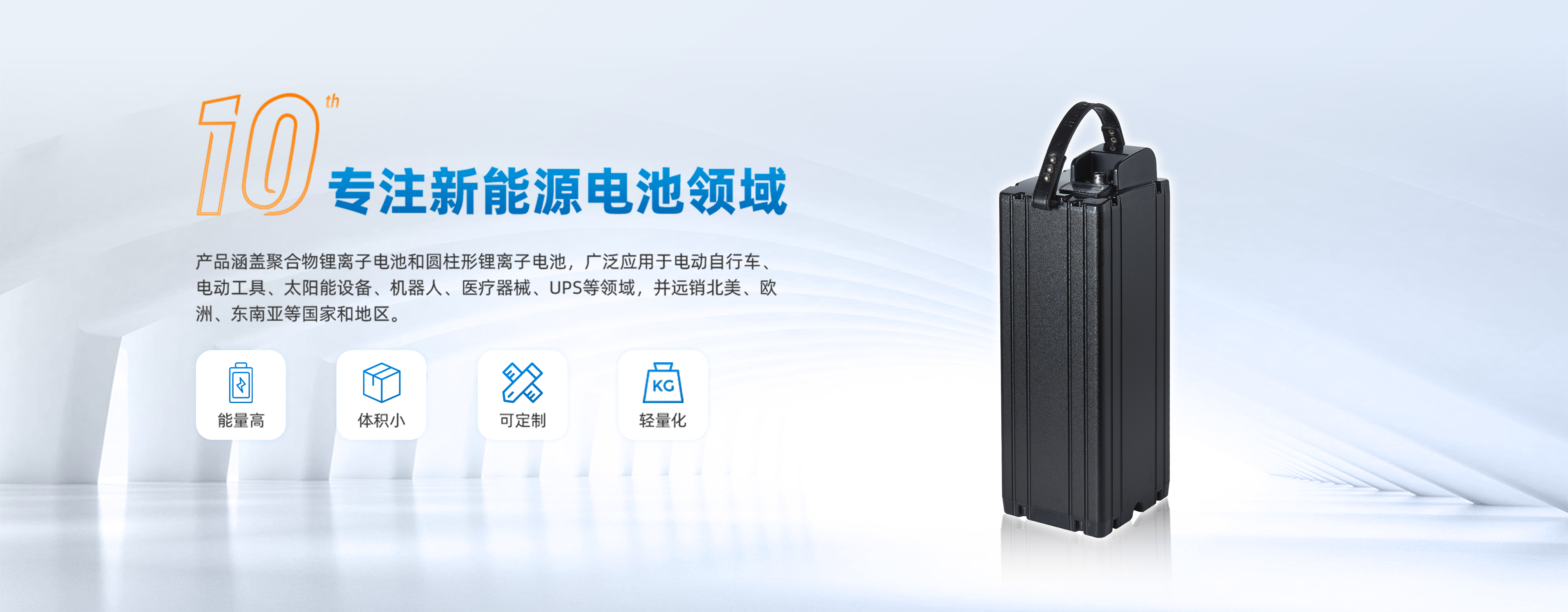
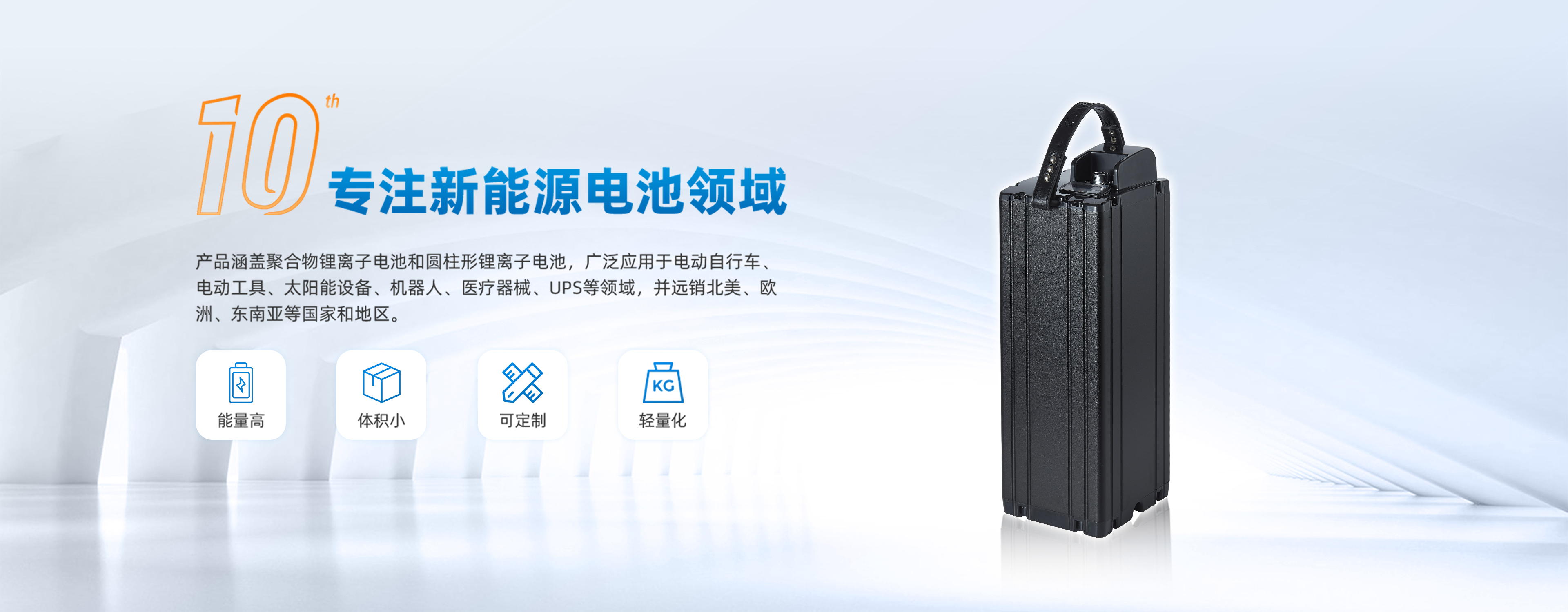



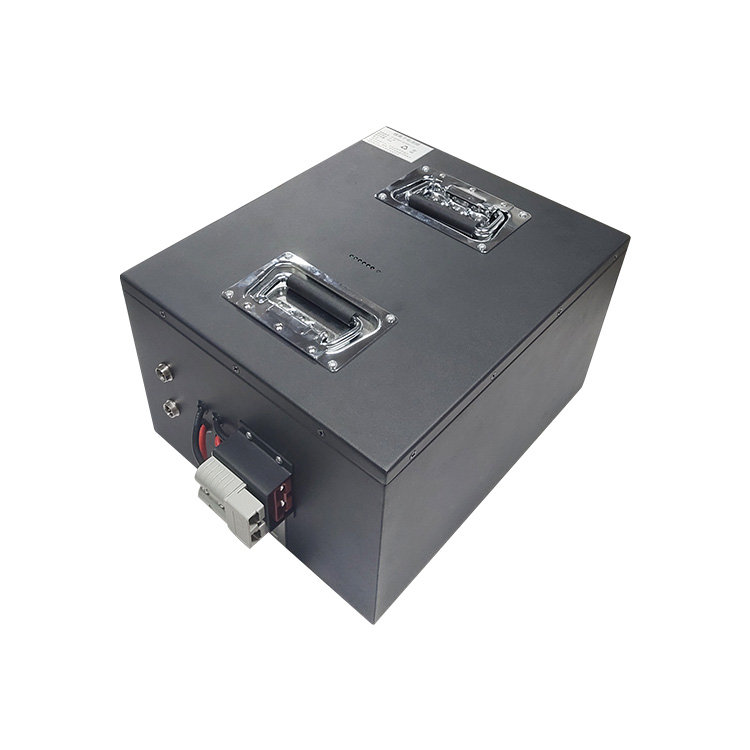


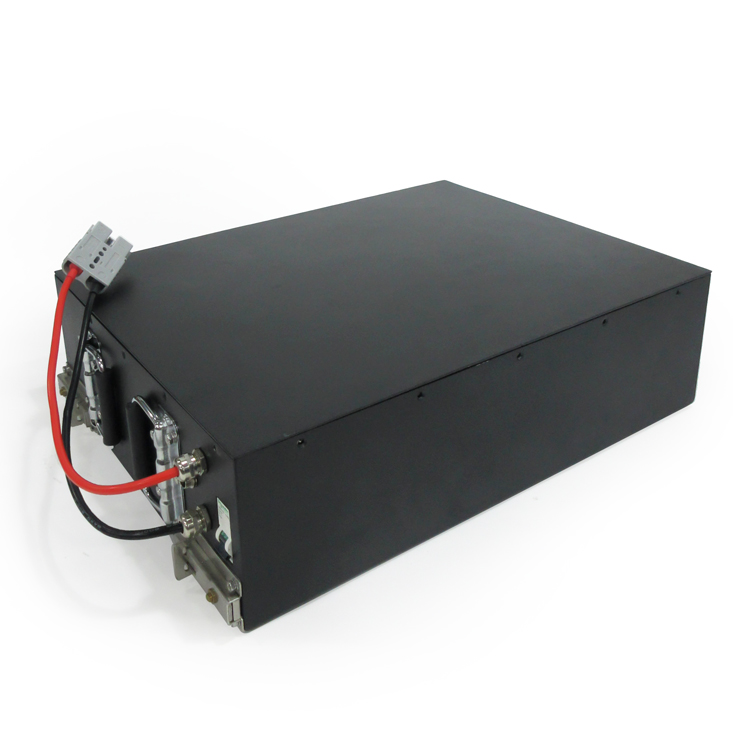

 Yue Gong Wang An Bei No. 4419002007491
Yue Gong Wang An Bei No. 4419002007491